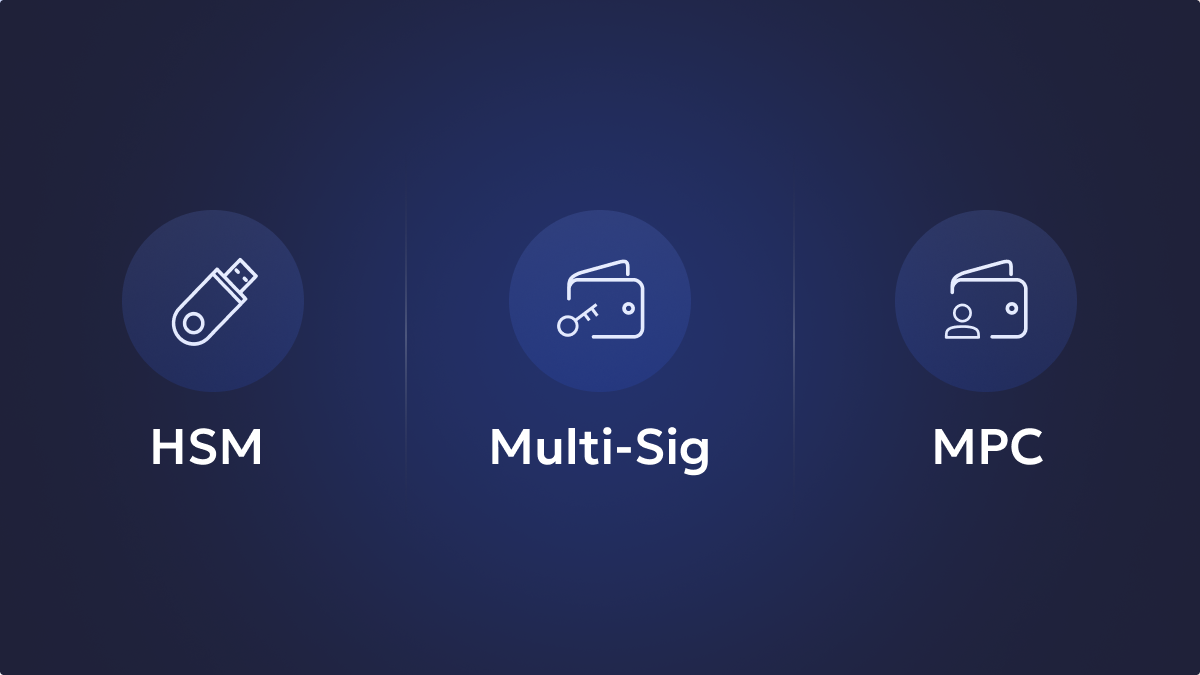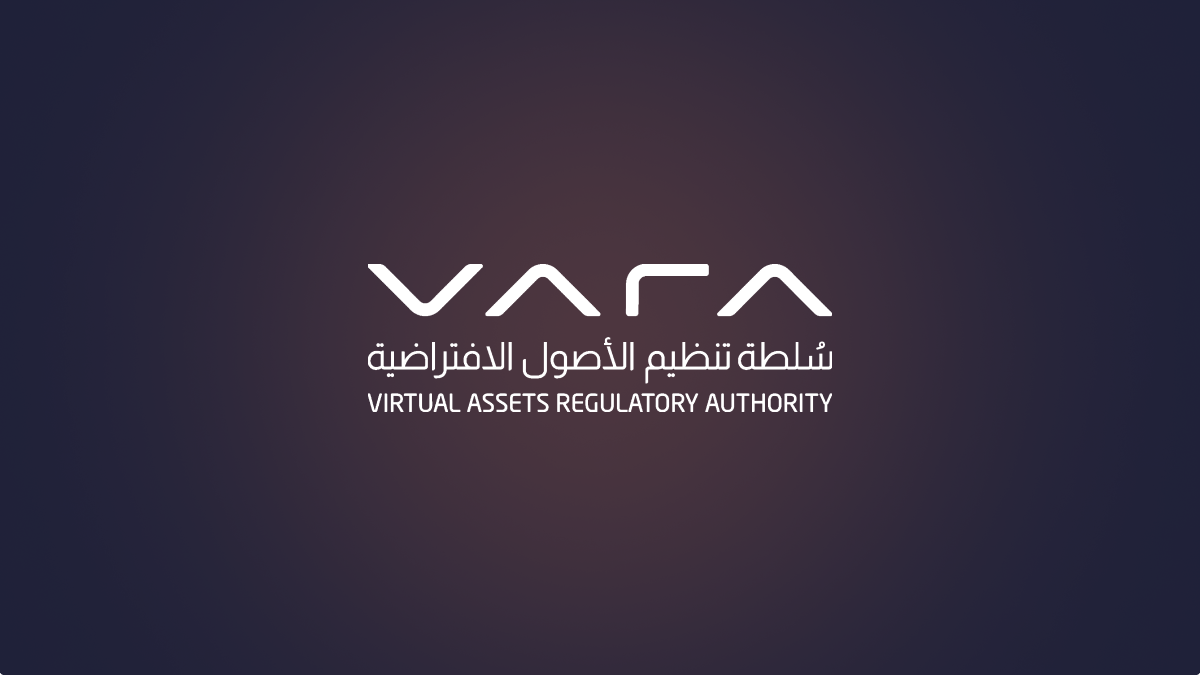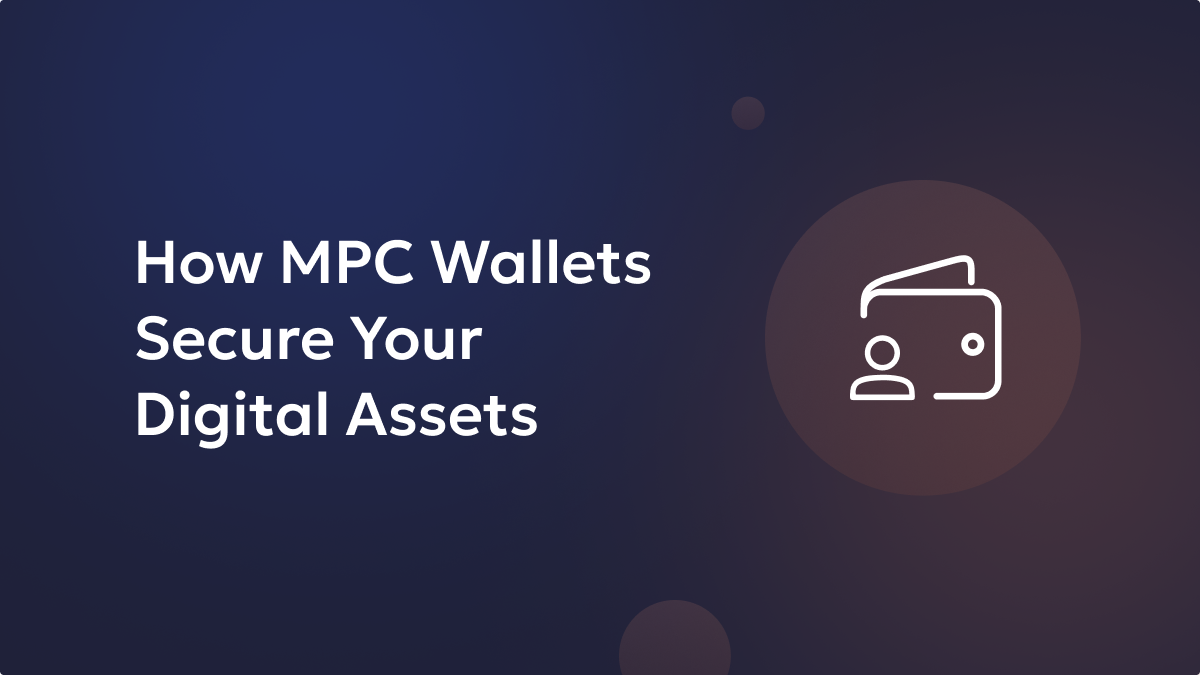As a new asset class, cryptocurrencies represent cutting-edge innovation in finance, thanks to their decentralized, secure, and transparent nature. Its very characteristics also make it a volatile instrument whose value is purely dictated by market forces. As the applications of cryptocurrencies and their underlying blockchain technology continue to increase, so has investor interest in them.
The rising interest in cryptocurrencies and the value they represent have got many people interested in acquiring and trading these digital assets. As a result, the demand for crypto exchanges and trading platforms has risen to record levels. At the same time, various businesses and institutions have chosen to diversify their assets by increasing their cryptocurrency holding, all in anticipation of the value appreciation expected to happen over time. These developments have led to a surge in traffic as well as transaction volumes on crypto platforms.
With crypto exchanges handling huge volumes of crypto assets, they continue to remain attractive targets to cybercriminals looking to make a quick buck by exploiting possible vulnerabilities on these platforms. Faced with constant threats, crypto platforms, investment houses and enterprises dealing with crypto assets are in need of secure crypto wallet infrastructure to safeguard their holdings.
Unlock the potential of digital assets for your institution
Securing Crypto Assets with the Right Type of Wallet
Wallets are specialized applications for storing and managing crypto assets. They store the private keys and allow users to interact with all the on-chain digital assets associated with the key. To ensure two-way interaction, crypto wallets generate public keys based on the private key stored within, to act as a public address to accept incoming transactions.
Ownership of the private key signifies ownership of all the cryptocurrencies associated with that key, making it very important to safeguard them. There are multiple types of crypto wallets that differ from one another based on the key management techniques. In an enterprise setting, the wallets can be classified as hot, warm, and cold wallets. In hot wallets, the private keys always remain online while cold wallets keep the private keys in their original form completely isolated from the internet. Meanwhile, warm wallets are a version of hot wallets with better security and in some cases, the private key is connected online for a short duration to execute transactions.
Each wallet type comes with its own advantages and disadvantages. Hot wallets are generally faster and easy to use while cold wallet operations can involve multiple steps. Meanwhile, warm wallets are a more secure form of hot wallets with the private keys sparingly connected online, only at the time of executing transactions.
Secure and manage your digital assets with Liminal
Securing funds With a Combination of Crypto Wallets
The differing performance and security features of wallet types make it hard for crypto platforms to rely solely on one wallet type to meet all their storage and security requirements while ensuring smooth operations. As a result, they implement a combination of different wallets as part of a sophisticated wallet infrastructure to balance the security of their holdings and the uninterrupted performance of their platform.
A typical wallet infrastructure includes a combination of hot, cold, and warm wallets where hot wallets handle the immediate requirements associated with sending and receiving cryptocurrencies while the cold wallet secures a majority of the assets held by the platform. Meanwhile, warm wallets act as intermediaries by holding reserve funds to refill hot wallets whenever their balance goes down. These warm wallets are periodically refilled from cold wallets, keeping their activity to a minimum.
Among all the wallets that are part of an enterprise wallet infrastructure, cold wallets hold a majority of the funds, and for a very good reason. Best operating practices require crypto platforms to maintain just enough liquidity on other wallet types that are part of the infrastructure. A typical hot wallet never holds more than 5% of the platform’s total funds at any time. Warm wallets generally hold similar amounts or a bit more, with some also supporting recirculation of excess funds received by deposit wallets from platform users.
What Makes Cold Wallets Interesting?
Cold Wallets are considered the safest among all crypto wallet types as they remain disconnected from the online world. With private keys never coming online, the chances of them being compromised either by hacks or leaks are almost none, at least until the best practices are followed. Moreover, they provide users with total control over their private keys to ensure a truly decentralized experience which is often neglected when it comes to cryptocurrency storage. By maintaining the majority of the funds in a cold wallet, the wallet infrastructure limits the risk exposure of the platform’s reserves to cybersecurity threats.
There are different types of cold wallets, ranging from a simple low-tech paper wallets to air-gapped machines and more advanced hardware wallets. As the name suggests, paper wallets are basically pieces of paper with the private key and its corresponding public key printed on them. These wallets are never online and as long as the private key is not entered into an online wallet solution, the crypto assets or funds stored in them can’t be accessed. Until recently, setting up cold wallets on air-gapped devices was widely practiced until HSM-based hardware wallets became popular.
When setting up a cold wallet on an air-gapped device, the user creates a wallet by generating a private key offline. The machine on which the wallet is created is never connected to the internet or other machines either physically or over wireless networks. Transferring funds from such cold wallets requires a multistep process where the transaction needs to be created on a device with an internet connection, followed by retrieval of transaction details along with current nonce on a USB drive or as a QR for signing by the wallet on the air-gapped machine and then transferring the transaction back to the connected device for broadcast.
In both instances, executing transactions is a multi-step, time-consuming process. At the same time, if paper wallets aren’t stored carefully, they may get destroyed or if someone gains physical access to the paper wallet, they can easily clear out all the funds in no time. Meanwhile, if proper precautions like using high entropy secrets, strong KDF parameters, and encryption protocols aren’t taken during the key generation process for an air-gapped machine, it may lead to the creation of weak private keys and associated public keys that can be easily compromised.
The introduction of HSM-based hardware wallets has made cold storage of crypto assets a lot easier. The hardware security modules implemented in these devices allow users to sign transactions on any connected device without revealing the private key. As long as the recovery phrase is secured and physical access to the device is controlled, the chances of a hardware wallet getting compromised are very slim. The security of cold wallets can be further strengthened by introducing additional redundancy in the form of multisig configuration which prevents transactions with a single private key in case it is lost or stolen.
Adopting Only the Best Practices in Liminal Smart Cold Wallets
Enterprise crypto asset storage and management solutions provider, Liminal incorporates the best wallet handling practices along with the most reliable wallet infrastructure to secure crypto assets stored in them. The HSM-only multisig cold wallet infrastructure with customizable storage and transfer policies enables it to provide the highest level of security to crypto assets stored in them. Further, the Liminal Signer retains the final signing authority as part of an automated process that gets triggered only if the transaction initiated conforms with the declared transaction policy.
Having Liminal’s Smart Cold Wallets as part of any platform’s wallet infrastructure offers the highest imaginable level of security for any crypto platform’s funds while providing a much easier, and quicker way to process transactions in and out of cold wallets.
Wish to adopt the Liminal Smart Cold Wallet Solution for your platform? Fill out this form or reach out to us on any of our available communications channels for more information.
Learn more about Liminal here.






